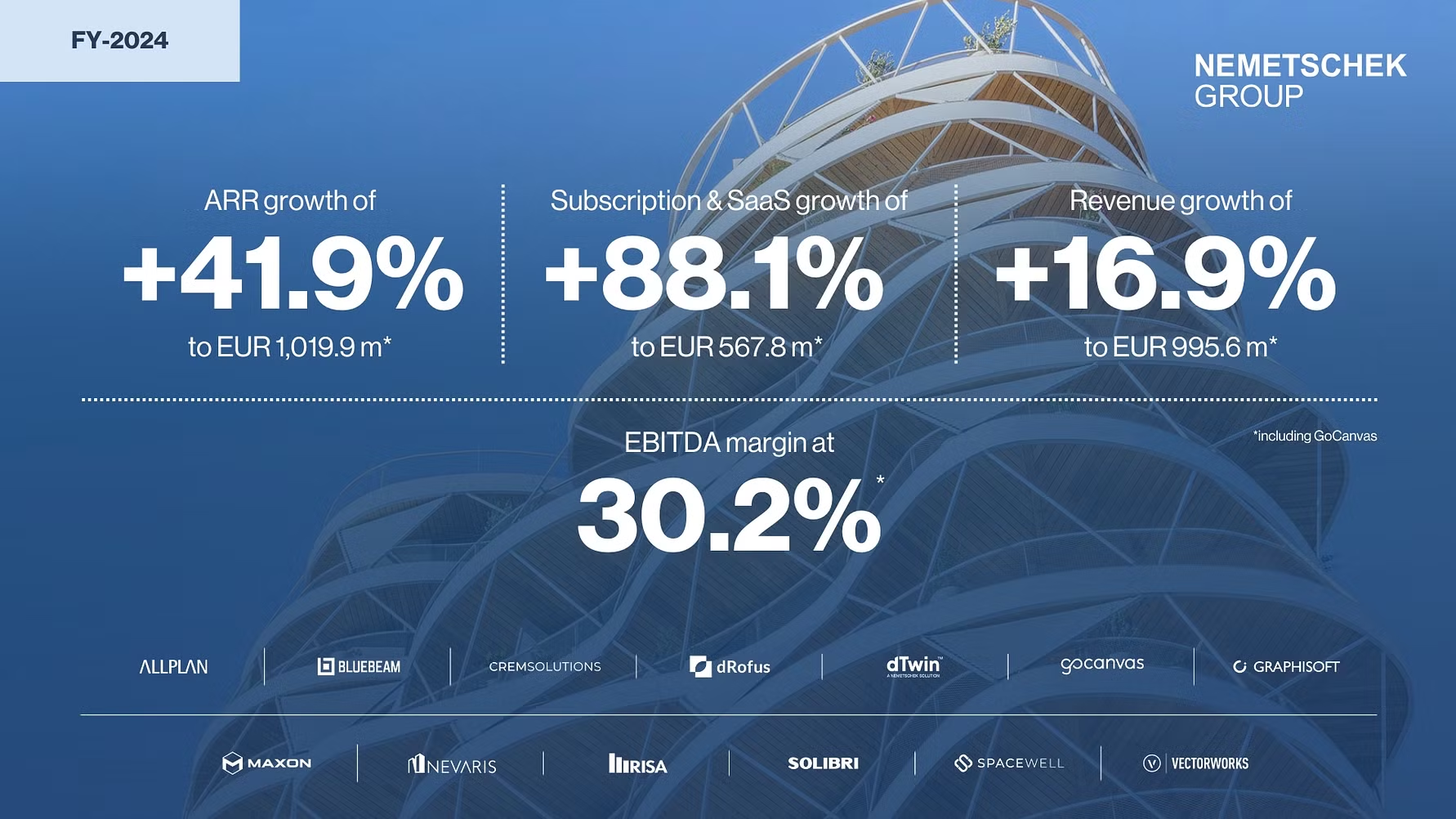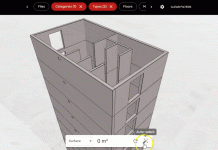Carl Collins, CIBSE Digital Engineering Consultant, explains how BIMHawk will speed up the development and adoption of standardised product data
The most important thing about Building Information Modelling (BIM) is information. And the most important thing about that information is ensuring that it is accurate and that everyone in the design, construction and maintenance chain has access to the same information. Information is particularly important in the building services sector where products are often complex and dynamic and where a product’s description can often involve reference to technical schedules. In Level 2 BIM products are described by 3-D geometry and by their accompanying technical information. It is the addition of this data that differentiates Level 2 BIM from earlier iterations.
Until now, the challenge for designers has been that very few building services product manufacturers produce BIM models that incorporate product data. As a consequence, designers are often forced to resort to using data gleaned from BIM vendors’ libraries of generic products, which can result in BIM design that is dumbed-down at the point at which a product is selected. And where manufacturers do add data to a product, often it is in the form of information on a consultant’s equipment data sheets, customised for that customer, which is wasteful of both time and effort.
BIMHawk
Now that is about to change with The Chartered Institution of Building Services’ (CIBSE) launch of the BIMHawk website and accompanying Revit software plug-in. BIMHawk is a free online toolkit and suite of software programmes to enable building services product manufacturers to create, manage and integrate Product Data Templates and Product Data Sheets using a set of pre-defined industry-recognised parameters. This will ensure a product model and its accompanying data can be imported directly into a BIM platform.
The BIMHawk toolkit was developed specifically to speed up the development, dissemination and adoption of standardised product data. CIBSE recognised the need for standardised product data back in 2011. At the time manufacturers were often working in isolation to create bespoke product libraries of their products in BIM, often at a significant cost, in response to demands from their customers for accurate representations of their products for use within a project BIM model.
BIM is supposed to make the construction process better, faster and cheaper, but often these bespoke product models suffered from flaws which limited compatibility and interoperability between BIM modelling platforms. CIBSE was quick to recognise that without agreed industry product standards there would be no consistency in manufacturers’ data so many of the benefits of BIM would fail to be realised.
Product Data Templates
CIBSE set out to establish the common parameters for building services products through the creation of Product Data Templates (PDTs). A PDT is a collection of parameters that describe a specific product or product type. If five manufacturers all make a certain widget, then using the PDTs they can all describe their widget using the same fields or parameters.
Only parameters useful to a designer, contractor or maintainer are generally included on a template. CIBSE is a neutral arbiter so to ensure a broad consensus of opinion as to what parameters should and should not be on a particular PDT, the Institution worked with trade associations, competing manufacturers, designers and maintainers. To date PDTs produced by CIBSE include those for air heaters, boilers, cable tray systems, manholes, pumps, radiators and water meters and many others – go to www.bimhawk.co.uk for an up-to-date list.
To take the PDTs on-line, CIBSE teamed up with Paul Marsland, design and BIM development manager of NG Bailey. BIMHawk is the outcome of this partnership. The website was originally conceived to integrate PDTs with BIM authoring systems. However, during its development its scope was extended to cover the online creation, review and management of PDTs to allow manufacturers to complete and upload PDTs.
Revit product data plug-in
Alongside the website, CIBSE and Marsland also developed a Revit product data plug-in. This will allow designers to acquire product data in a structured format from a PDT. The plug-in removes the need for manufacturers to create new product models from scratch. It also has the ability to update any matching parameters within existing families to the BIMHawk standard, a feature which has the potential to correct and align any non-conforming existing Revit objects created by manufacturers.
BIM processes and parameters
There is also an international aspect to BIMHawk, which will be particularly useful to product manufacturers. BuildingSMART is an international organisation set up to standardise BIM processes, workflows and procedures from country to country regardless of the software they use. The organisation has developed a platform neutral language called Industry Foundation Classes, which allows a model to be exchanged from one platform to another. To do this, BIM systems require that each individual object parameter must be created with a common globally unique identifier (known as a GUID).
When individual parameters are created within BIMHawk, the software performs a dynamic check with the BuildingSMART Data Dictionary to see if the parameter name has been defined previously. If it has the GUID is extracted and used within BIMHawk, so manufacturers don’t have to bother looking up parameters in the BuildingSMART dictionary. If no such entry exists, BIMHawk generates its own definition and associated GUID.
Once GUIDs are mapped to parameters in BIMHawk they remain consistent. BIMHawk tools for outputting PDTs in XML (the common language for the exchange of documents over the internet) or generating Revit shared parameter files utilise these consistent GUIDs.
When a manufacturer populates a PDT with product specific data, it is called a Product Data Sheet (PDS). A PDS is a digital description of a specific product. Manufacturers can upload their product data sheets to BIMHawk. This will enable consultants, contractors and commissioning engineers to access standardised data and to compare products from a variety of manufacturers on a like-for-like basis to make the specification process easier and quicker. As such, BIMHawk becomes a catalogue of manufacturers’ catalogues.
The next iteration of the plug-in will bring the values from the PDS into the BIM model. This will allow designers to look through the datasheets of different manufacturers to see which products are the best fit for a particular design concept and import the data on the size and performance characteristics of that product.
With the launch of BIMHawk, CIBSE will help to speed up the development, dissemination and adoption of standardised product data. This will be a massive step forward in enabling collaborative working, enabling the exchange of data and information throughout the project lifecycle in a consistent manner, something that until now has been sadly missing.
To find out more go to www.bimhawk.co.uk
 Carl Collins
Carl Collins
Digital Engineering Consultant
CIBSE













